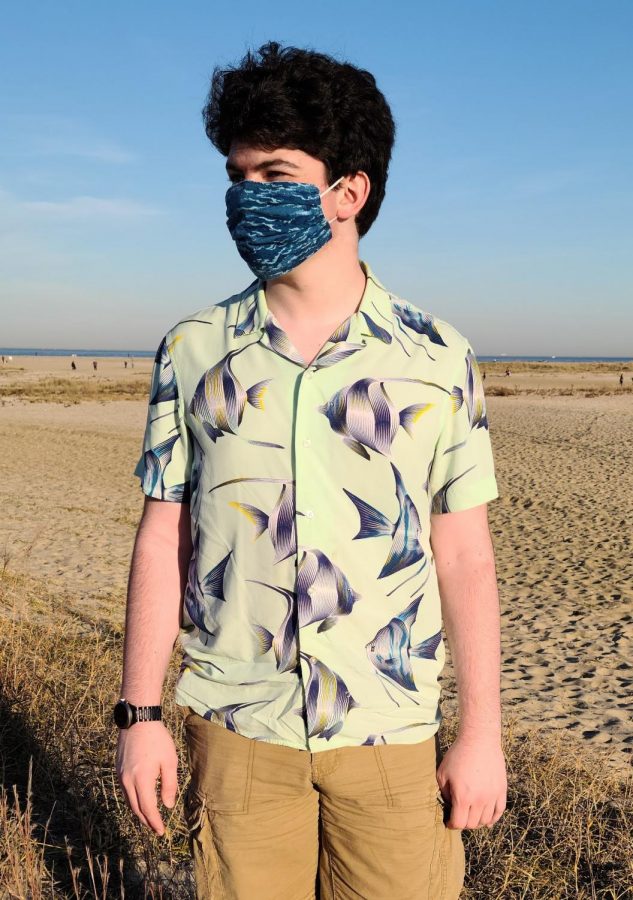Marine biology, new discoveries and environmentalism: Senior Ezri Abraham
May 18, 2021
Humans of SPF is a way for members of the Scotch Plains-Fanwood High School to share their unique stories. Senior Ezri Abraham has an interest in marine life and environmentalism and is looking to pursue a career in marine biology.
Q: When did you develop your interest in marine biology?
A: I have wanted to be a marine biologist since I can remember. Some of my earliest memories are walking through aquariums, gazing at the other worlds through a quarter-inch of glass, or laying on the floor, immersed in the illustrations of various animal encyclopedias.
Q: What do you love most about marine life?
A: What I love most about marine life is that most of them are undiscovered. Unlike terrestrial animals, scientists estimate that we have only discovered 20% of all marine species. This increases the likelihood that I will discover at least one new animal.
Q: What kind of a career do you see yourself leading in the future?
A: In the future, I plan to be a research professor of Marine Biology. This means that I will not only lead a team to discover new organisms, but also teach what I have learned to the next generation of marine biologists.
Q: Do you believe that everyone should take care of the environment, especially our oceans? Why or why not?
A: That is an interesting question. The simple answer is yes, everyone should always be conscious of the effect they have on the environment since we all have to be living in it for the rest of our lives. However, the ways of doing this are different than one might think. While one might think that recycling is useful for the environment, the lack of centralization and regulation often leads to air and water pollution in developing countries. In reality, one should just try to produce less waste, including things we traditionally think of as recyclable. Additionally, we must be aware of the chemicals we put on the earth. Everyone in Scotch Plains and Fanwood lives in the Raritan Valley Watershed, meaning that a lot of the pesticides you put on your plants to keep the bugs off flow into the Raritan River and eventually the ocean. Things as simple as using less of these chemicals can have a large impact on our local environment.
Q: What kind of impact do you hope to have with your studies in marine biology?
A: Most people who want to be marine biologists approach it from the conservation perspective. However, I want to be a marine biologist to discover new species that could help the human race. I aim to pursue research where I see how the adaptations of marine organisms could be used to benefit human health. This will ultimately increase support for the oceans, though, since people will see that the biodiversity of marine ecosystems has a huge impact on the human race.



